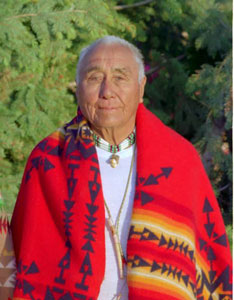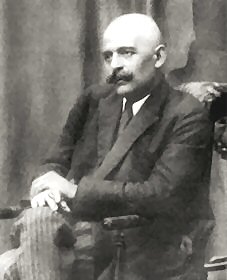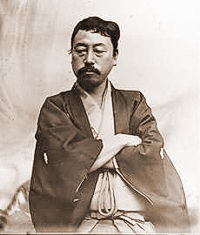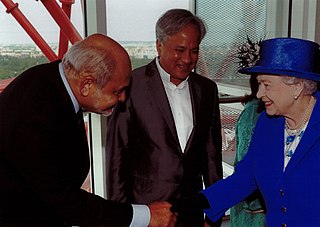A Quote by Chuck Palahniuk
Related Quotes
Ceremony assists people to adjust to change (a marriage ceremony does this for families), to recognize achievement (a classic example is a graduation ceremony), to relate, to express love, and/or to establish a relationship. Ceremonies are the human way we have to signpost a deal such as a business merger, to trigger off a healthy grief process (such as in divorce or funeral ceremonies), to welcome another human being into the family. So Ceremonies have these excellent effects - they can be used further to announce intentions, to express loyalty and to reinforce a sense of identity.







































